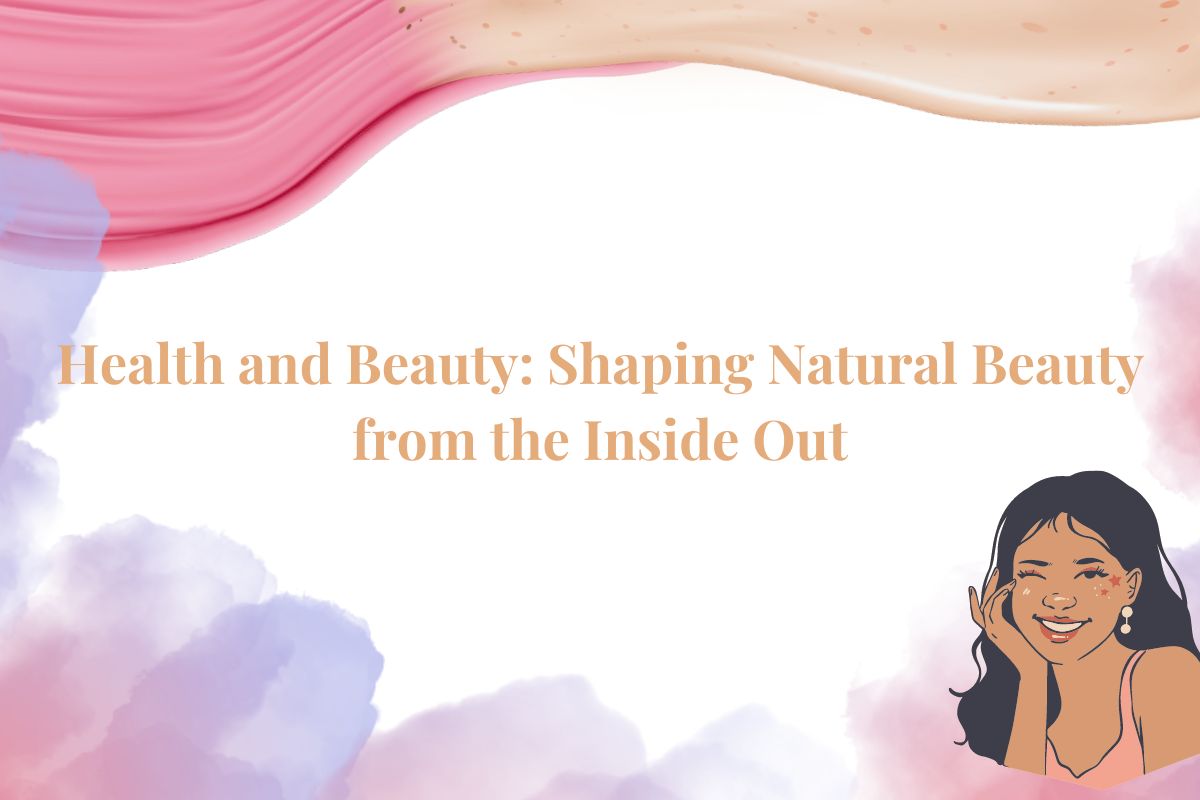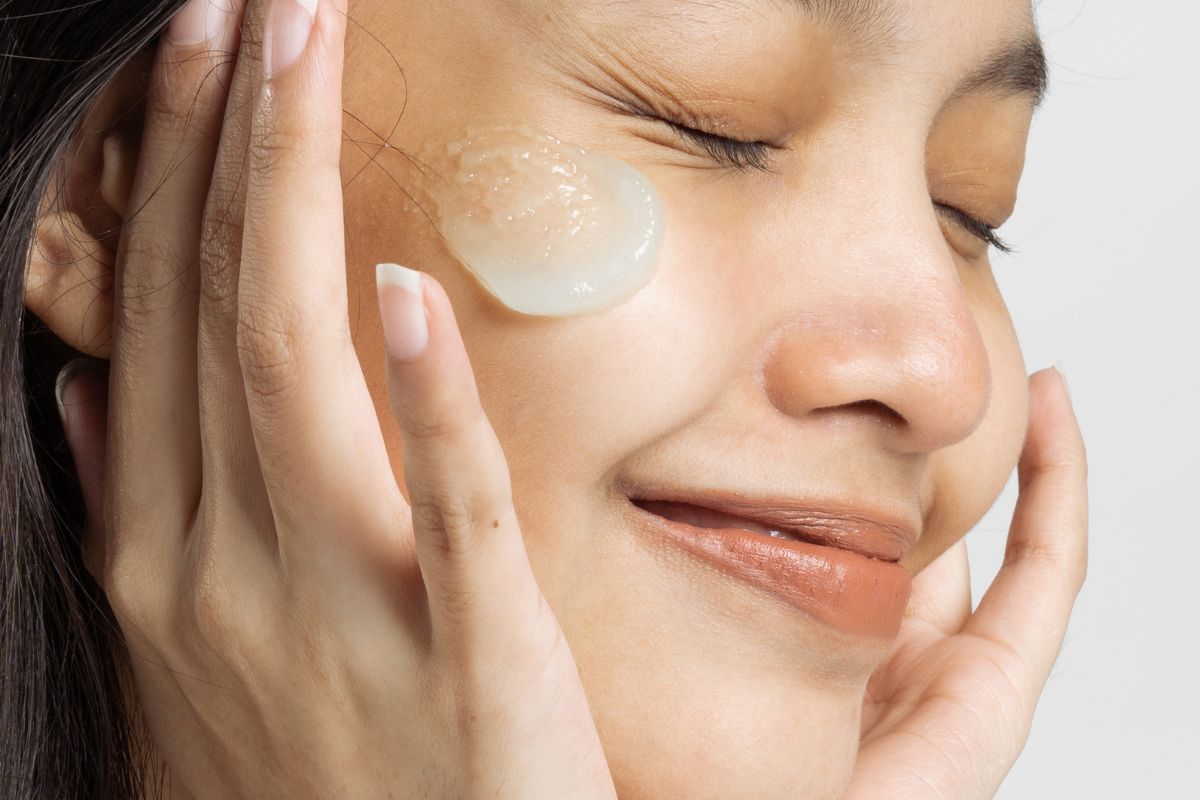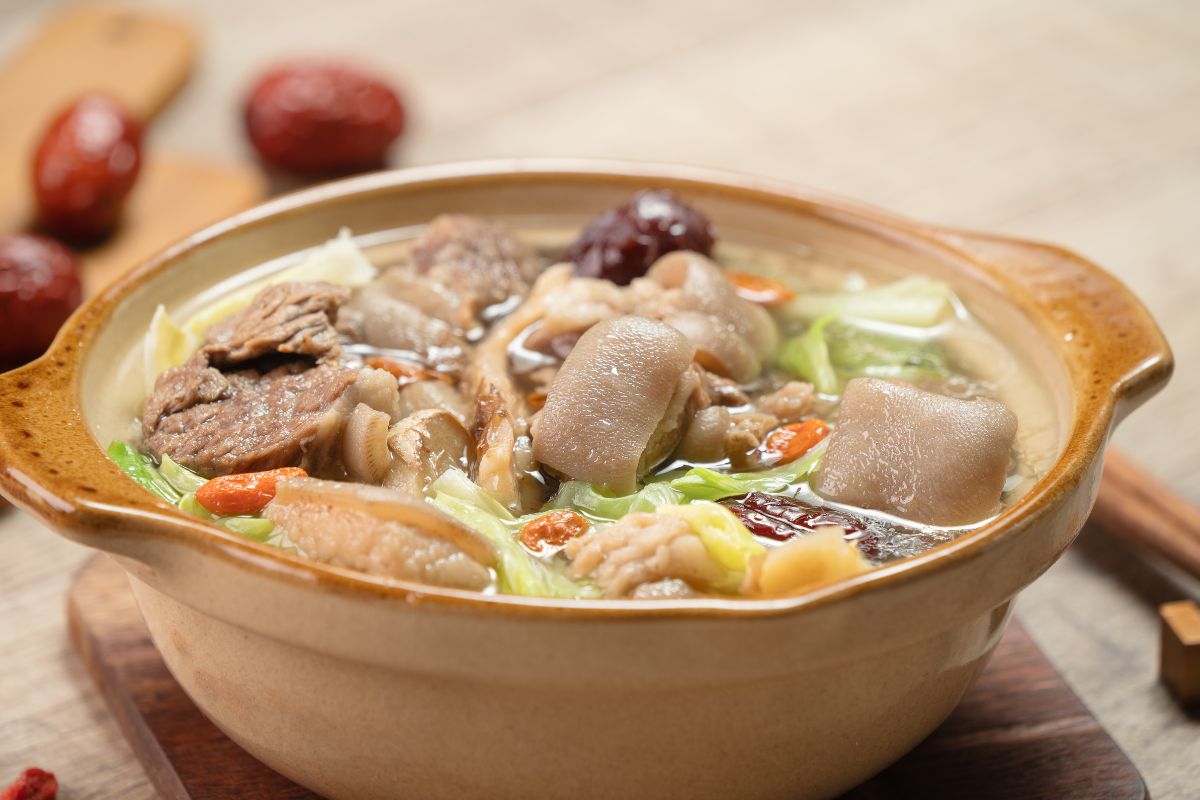Health and Beauty: Shaping Natural Beauty From The Inside Out
Beauty has been popular for thousands of years, especially in modern society, where people pay more attention to outward appearance. Smooth and delicate skin and rosy complexion are admired as they represent health and vitality, symbolizing natural beauty. Therefore, in today's era, beauty and health care are no longer just about external decoration, but have gradually developed into a trend of shaping natural beauty from the inside out. This coincides with the viewpoint of traditional Chinese medicine, emphasizing harmony with nature, and the nourishment of both the internal and external to achieve the goal of beauty and rejuvenation, shaping natural beauty from the inside out. This article will introduce how to properly carry out beauty and health care.

Medicinal and dietary integration for internal adjustment and external nourishment
"Medicinal and dietary integration" is an important concept in traditional Chinese medicine theory, which holds that many foods and medicines have the same origin. In the field of beauty and rejuvenation, this concept mainly reflects the effect of reasonable diet and appropriate consumption of medicinal foods on internal adjustment and external maintenance, achieving the dual goals of health and beauty. Different foods have different effects on our bodies, so we can choose different foods to regulate our bodies, for example:
- Heart: Consuming foods such as red dates, longan, and lotus seeds is beneficial for supplementing qi and blood, nourishing the heart, and calming the mind, resulting in a rosy complexion 气色 (qì sè) and a healthy appearance.
- Liver: Consuming foods such as goji berries and chrysanthemum is beneficial for soothing emotions, resolving stagnation, and nourishing the liver.
- Spleen: Consuming foods such as Chinese yam and coix seeds helps to remove dampness from the body, reducing acne marks and promoting a healthier and smoother complexion.
气色 (qì sè), noun, complexion
Examples:
You have a good complexion.
你有一个好气色。
nǐ yǒu yí ɡè hǎo qì sè 。
She has a poor complexion.
她的气色不佳。
tā de qì sè bù jiā 。
Following the principles of seasonal health care for overall well-being
With the changing seasons, the climate also changes, and our bodies need to adjust accordingly. Seasonal health care involves adapting different types of diets, routines, and exercise methods according to the characteristics of spring, summer, autumn, and winter to achieve physical and mental health.
Spring
Spring is a season of rejuvenation, with rising temperatures and increased vitality. The liver becomes more active, and people's emotions are easily affected. It is advisable to drink chrysanthemum tea, rose tea, and other beverages that soothe the liver and relieve stagnation.
These not only nourish the liver and improve vision, but also moisturize the skin and maintain emotional stability. In addition, engaging in appropriate exercises such as walking, yoga, and jogging can promote blood circulation and enhance skin radiance, contributing to overall health.
Summer
Due to the high temperatures in summer, the body's metabolism increases, and the heart's burden is heavier. Therefore, it is important to focus on clearing heat and nourishing the heart. In terms of diet, consuming more fresh fruits and vegetables such as strawberries, citrus fruits, and bitter gourd can reduce the burden on the heart, clear internal heat, and contribute to skin whitening. Adequate sleep is essential for skin self-repair and maintaining skin radiance. Engaging in suitable exercises such as yoga, swimming, and walking not only exercises the body but also helps to expel toxins through sweating, improving skin皮肤(pí fū) quality.

皮肤 (pí fū), noun, skin
Examples:
- My skin is a little dry.
我的皮肤有一点干燥。
wǒ de pí fū yǒu yì diǎn ɡān zào 。 - Your skin is so smooth.
你的皮肤好光滑。
nǐ de pí fū hǎo ɡuānɡ huá 。
Autumn
Autumn is characterized by dryness, and the lungs become particularly important. Therefore, it is important to focus on moistening the lungs, nourishing yin, and clearing heat and toxins. Consuming foods such as tremella, lily bulbs, and pears can nourish yin and moisten the lungs, improving dry skin. Engaging in gentle exercises such as Tai Chi and Baduanjin can help regulate qi and blood, as well as promote sweating and detoxification, enhancing skin radiance. As the skin is more sensitive in autumn, it is advisable to wash the face with warm water to avoid irritation from water that is too hot or too cold.
Winter
In winter, with low temperatures, the body's yang energy turns inward, and the function of the kidneys becomes particularly important. Consuming foods such as mutton, beef, and chives, which have warming properties, is recommended. It is also important to keep warm and soak the feet in hot water daily to invigorate the body. Engaging in appropriate exercises such as yoga and walking promotes blood circulation, helps to sweat, and maintains a healthy mindset, as well as healthy skin.

Introduction to traditional beauty therapies:
Traditional beauty therapies are popular in modern society due to people's pursuit of natural, healthy lifestyles and their recognition of traditional wisdom. Here are some introductions to traditional techniques:
- Acupuncture beauty: By needling specific points on the face, acupuncture not only promotes blood circulation, reduces wrinkles, and tightens the skin, but also improves skin condition.
- Massage beauty: Traditional massage techniques such as gua sha and acupoint massage can relieve facial tension, enhance skin radiance, and are popular services in many beauty salons.
- Chinese herbal masks and internal consumption: Tailored to individual skin and body conditions, using herbal masks and decoctions can effectively address skin issues such as whitening, moisturizing, and anti-wrinkle effects.
Two interesting idioms about beauty:
- 肤如凝脂 (fū rú nínɡ zhī): Describing the skin as solidified grease. Describing a woman's skin as fair and delicate.
- 吹弹可破 (chuī tán kě pò): It seems like it could be broken with a gentle blow or touch. Describing the skin on the face as extremely delicate.